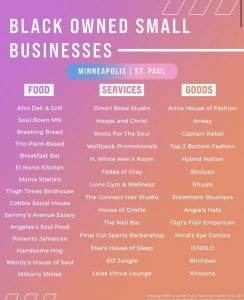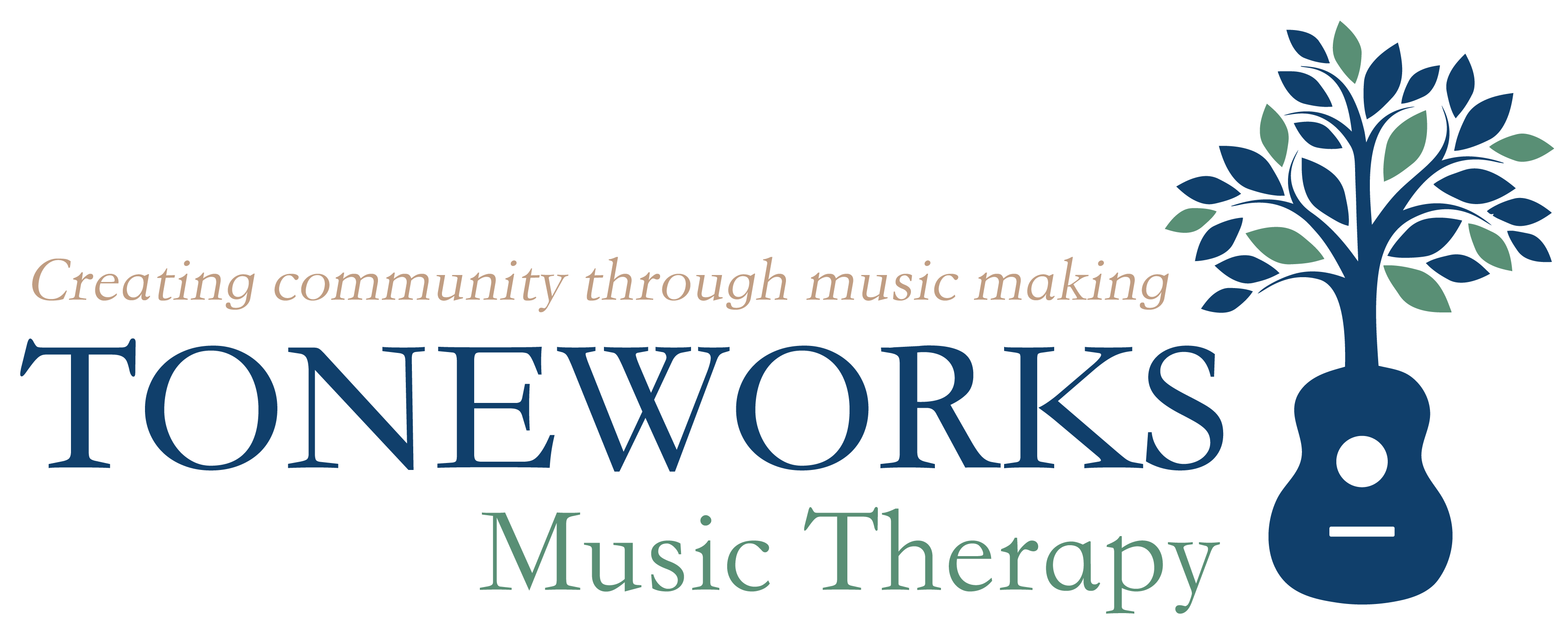Moving Forward Together: 8 Ways to Promote Positive Changes
Out Of This World Counting – Resource Share
Sensory Must-Haves
Between COVID-19 and the recent Minneapolis uprising, many neighborhoods in Minneapolis and St. Paul need our efforts–both right now and in the future. We encourage you and support you in creating positive change in yourself, among your family and friends, and within your community in whatever ways you are able. In addition to anti-racism resources, we will be creating a permanent resource corner on our website that will be updated as needed with information about different community needs and topics. Let us know if you have any suggestions for future community resource topics.
Here are eight easy steps to start supporting positive change in the community:
1. Donate to Reputable Organizations
This is a list of organizations taking donations to help our Twin Cities communities rebuild and continue to thrive going forward. Check their websites before donating–many organizations have received so many donations that they are asking you to donate elsewhere!
- Black Visions Collective: Black led organization focused on transformative justice principles
- Northside Funders Group: Rebuilding North Minneapolis businesses
- Women For Political Change: Providing childcare for those on the frontlines
- Healing Justice & Spiral Collective: Providing medical assistance to those on the frontlines
- Donate to George Floyd’s family
2. Donate to Individual Businesses in Need
The following list consists of businesses needing repair and support after the uprising in Minneapolis.
- Midtown Global Market
- Town Talk Diner and Gastropub
- Somali Owned Businesses Affected by Riots
- Migizi Communications
- Healing Path Mental Health Clinic
- Cedar Child Care Center
- Fade Factory Barbershop
- Midori’s Floating World Cafe
- Minnesota Transitions Charter Schools
- Mercado Central
- Joyeria Jelly
- Emily’s Eatery
- Manny’s Tortas
- Family Owned MPLS Retail Center
- Levels Clothing and Recording
- Chicago Lake Family Dental
- Staff of Minnehaha Lake Wine and Spirits
3. Sign Petitions
This is a good list to start, but don’t stop here! Find issues you are passionate about and look them up on Change.org. There is a good chance you will find dozens of results for causes you support!
- Justice for George Floyd
- Justice for Breonna Taylor
- Justice for Tony McDade
- Justice for David McAtee
- Justice for Sean Monterrosa
4. Donate or Distribute Food and Supplies
The link below will take you to a live map of locations taking donations and distributing donations. When selecting a location, it may tell you what items are needed and not needed, and whether or not they need help from volunteers. The neighborhoods requiring the most assistance change day to day, so make sure you check on the location you choose before you go!
- Twin Cities Aid Distribution Locations:
5. Share Mental Health Resources
The links below will take you to resources for mental health and wellness. Many of these are aimed at mental health for black individuals and other people of color, but many apply to everybody! Share these resources if you know individuals who are looking for inclusive and intersectional mental health information.
- Black Girls Smile – huge list of resources
- Black Emotional and Mental Health (BEAM) – professional mobile crisis service
- Ethel’s Club – wellness club to celebrate people of color
- Inclusive Therapists – therapy for all identifications!
- HealHaus – yoga and other wellness resources
- National Alliance on Mental Illness (NAMI)
- Sista Afya – mental health services for black women
- The Nap Ministry – helping you take the most peaceful naps!
6. Educate And Reflect: Books for Adults
This is another small list of places to start when educating yourself on the history of racism in the United States and how to start the process of identifying and dismantling your own implicit biases. Many of these books are sold out right now, but digital copies are still available.
- “Becoming” by Michelle Obama
- “Between the World and Me” by Ta-Nehisi Coates
- “Born a Crime” by Trevor Noah
- “Critical Race Theory” by Kimberle Crenshaw
- “I Know Why the Caged Bird Sings” by Maya Angelou
- “I’m Still Here: Black Dignity In A World Made for Whiteness” by Austin Channing Brown
- “Just Mercy” by Bryan Stevenson
- “Me and White Supremacy” by Layla F. Saad
- “Narrative of the Life of Frederick Douglass” by Frederick Douglass
- “So You Want to Talk About Race” by Ijeoma Oluo
- “The Hate U Give” by Angie Thomas
- “The New Jim Crow: Mass Incarceration in the Age of Colorblindness” by Michelle Alexander
- “The Unapologetic Guide to Black Mental Health” by Rheeda Walker, PhD
- “Twelve Years a Slave” by Solomon Northup
- “White Fragility: Why It’s So Hard for White People to Talk About Racism” by Robin Diangelo, PhD
- “Why Are All the Black Kids Sitting Together in the Cafeteria” by Beverly Tatum
- “Why I’m No Longer Talking To White People About Race” by Reni Eddo-Lodge
7. Start Conversations Early: Books for Kids/Teens
For a larger list of books addressing race and racism for kids and teens, go to theconsciouskid.org and support their patreon to access even more resources and suggestions! The list below was taken from the New York Times and is organized in order of younger readers to older readers.
- “The ABC’s of Diversity: Helping Kids (and Ourselves) Embrace Our Differences” by Carolyn B. Helsel and Y. Joy Harris-Smith
- “Something Happened in Our Town: A Child’s Story About Racial Injustice” by Marianne Celano, PhD, ABPP, Marietta Collins, PhD, Ann Hazzard, PhD, ABPP
- “Hair Love,” by Matthew A. Cherry. Illustrated by Vashti Harrison
- “Each Kindness,” by Jacqueline Woodson. Illustrated by E.B. Lewis
- “The Youngest Marcher,” by Cynthia Levinson. Illustrated by Vanessa Brantley Newton
- “Resist: 35 Profiles of Ordinary People Who Rose Up Against Tyranny and Injustice,” by Veronica Chambers. Illustrated by Paul Ryding
- “Not My Idea: A Book About Whiteness,” written and illustrated by Anastasia Higginbotham
- “All American Boys,” by Jason Reynolds and Brendan Kiely
- “Stamped: Racism, Antiracism, and You” by Jason Reynolds and Ibram X. Kendi
8. Support Black-Owned Businesses
Below is an infographic created by Instagram user @BriLewerke of black-owned businesses in Minneapolis and St. Paul. As we emerge step by step from our state-wide shut down, be sure to continue supporting your local small businesses to show them that you care and that we value them as an important part of our communities!

